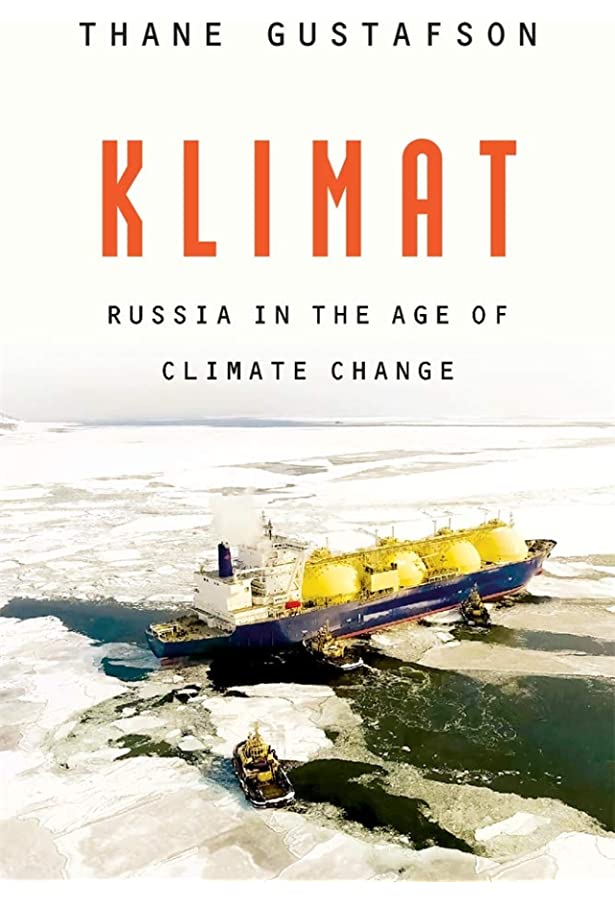Shekhar Chandra
March 27, 2023

The harmful consequences of climate change are occurring and its impacts on temperatures and weather patterns are already visible. Georgetown political scientist Thane Gustafson’s engaging book, Klimat: Russia in the Age of Climate Change, describes sector-by-sector impacts of climate change on Russia’s economy and what its diversification policy options could be to manage these unfolding changes. The book stands out in its sophisticated research methodology and insights on how the economy will react to the changing environment and declining global demand of fossil fuels caused by the global transition toward renewable energy. The chapter on the Arctic especially stands out how Gustafson rightly mentions the way the Arctic defines Russia (p. 184) both as a challenge and an opportunity. The Arctic is a challenge as its northern areas are warming faster than the rest of Russia and an opportunity as decreasing ice covering would open up the Northern Sea route for faster navigation between Europe and Asia, which might herald in an era of economic prosperity. What especially makes sense is Gustafson’s discussions on Russia’s unpreparedness and inertia of its state institutions captured by elites to invest in post-carbon alternatives effectively as the world starts relying more on renewables.
While a majority of the discussion points are important, recent geopolitical developments in the wake of the Russia-Ukraine war have radically impacted the implications of climate change on the Russian economy both qualitatively and quantitatively. The book broadly concludes that the positive impacts on the economy might well be overshadowed by the negative impacts due to climate change. In the wake of the war while the reverberations of Russian actions are being felt by all economies, its local impacts might be more catastrophic than what Gustafson suggests. Since the book was written before the war, its findings should be viewed through the lenses of war
